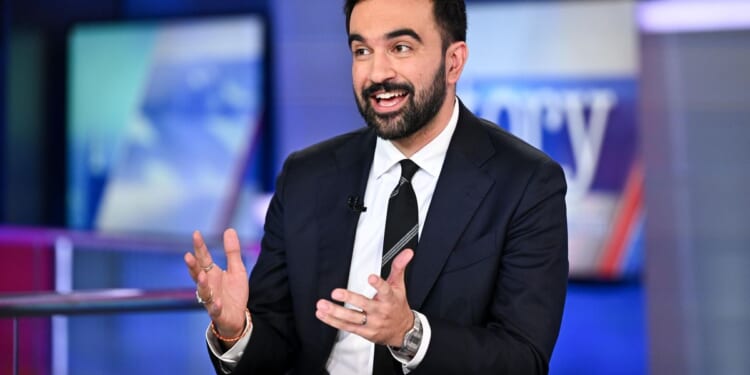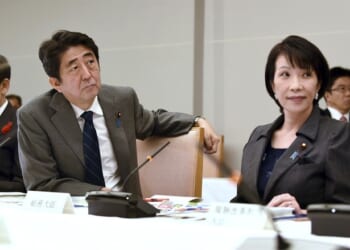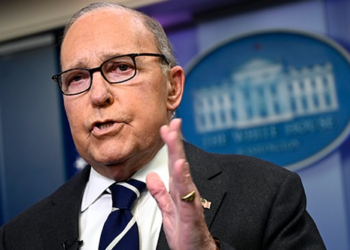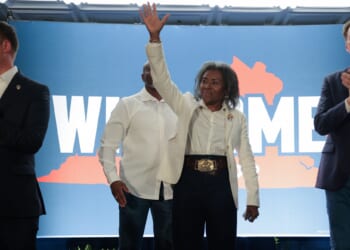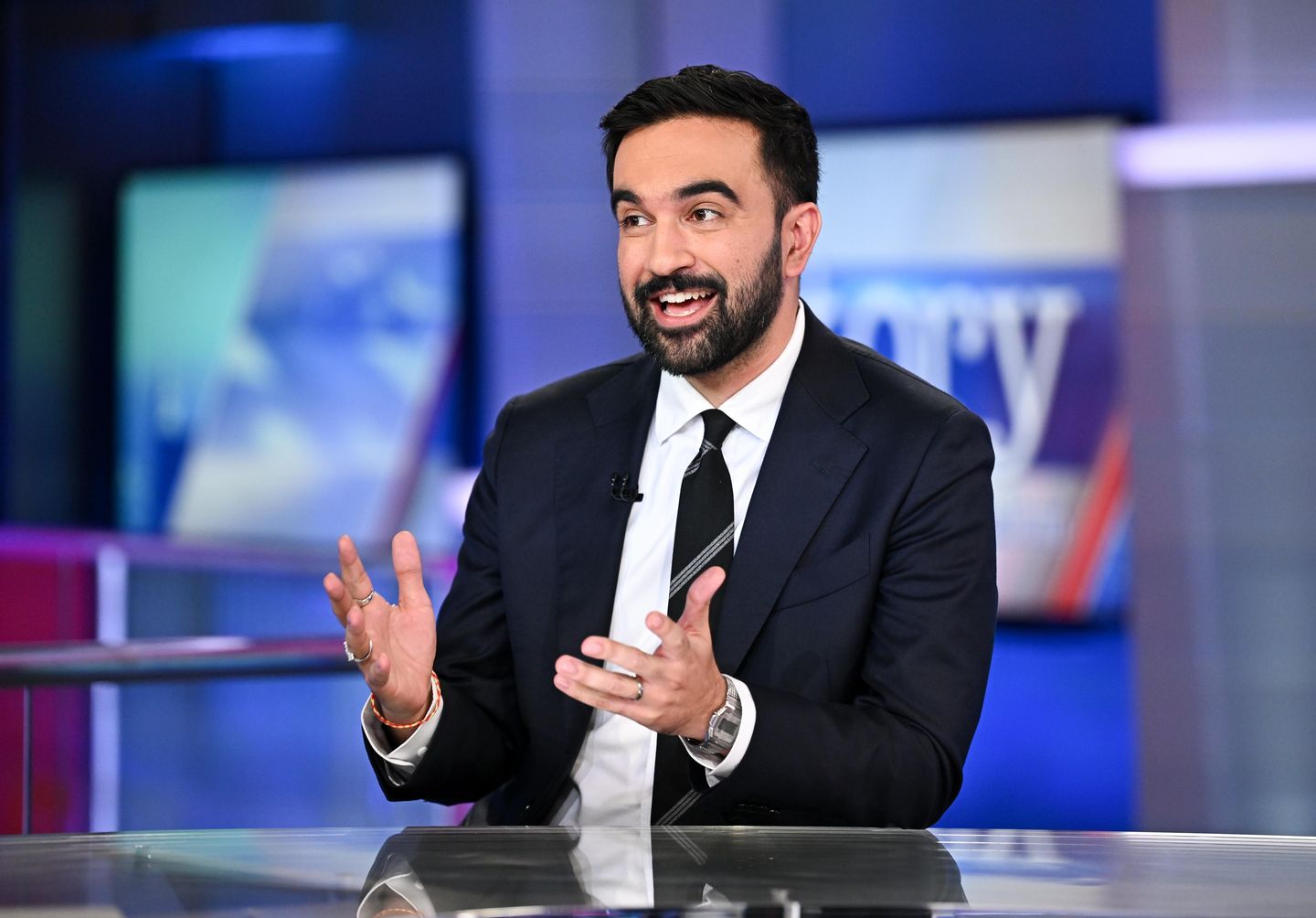
New York City’s likely next mayor would raise property taxes based on skin color.
Front-runner and democratic socialist Zohran Mamdani said he would implement that proposal if, as polls project, he wins the Nov. 4 election.
Mr. Mamdani, whose agenda calls for free day care, free bus rides, government-run grocery stores and raising taxes on millionaires to pay for it all, said the city’s residential property taxes are inequitable. Homeowners living in neighborhoods populated by minorities pay too much in property taxes, and those living in wealthier, Whiter neighborhoods don’t pay enough, he said.
Mr. Mamdani, 34, said the time has come to “shift the burden” from the city’s outer boroughs to “richer” and “Whiter” neighborhoods.
He aims to end the city’s “unbalanced” property tax system, which caps annual increases at 6%.
“The mayor can fix this by pushing class assessment percentages down for everyone and adjusting rates up, effectively lowering tax payments for homeowners in neighborhoods like Jamaica and Brownsville while raising the amount paid in the most expensive Brooklyn brownstones,” Mr. Mamdani, the Democratic Party nominee for mayor, explains on his campaign website.
SEE ALSO: New Yorkers not worried about Mamdani’s socialist ideology
If implemented, the scheme would result in race-based taxation, critics say.
“In America, we don’t tax people for their race,” said Curtis Sliwa, Mr. Mamdani’s Republican opponent. “Zohran Mamdani’s plan to tax people based on skin color isn’t just wrong, it’s racism, pure and simple.”
Jamaica and Brownsville are minority communities in Queens and eastern Brooklyn, respectively. More than 70% of their residents are Black or Hispanic.
In Park Slope, Brooklyn, with the historic brownstones Mr. Mamdani would like to target for higher taxes, 60% of the residents are White.
Mr. Mamdani’s plan has rattled city residents, many of whom have long complained about New York City’s high property taxes but never envisioned imposing a racial bias to change them.
“We’re all for tax equity, but he wants to raise taxes on one group,” said Liam McCabe, chair of the Brooklyn Republican Party. “The way property is taxed is really a mess in Brooklyn. But I don’t think he’s leading with that. He’s taking a woke angle, targeting different communities based on race. And I think that has really upset a lot of people. It’s a divisive language.”
Mr. Mamdani, facing backlash, quietly moved his property tax proposal to a less-prominent spot on his campaign website. Still, he stood by it when asked during a recent “Meet the Press” interview why he injected race into his plan.
“That is just a description of what we see right now. It’s not driven by race. It’s more of an assessment of what neighborhoods are being undertaxed versus overtaxed,” Mr. Mamdani said. “We’ve seen time and again that this is a property tax system that is inequitable. The focus here is to actually ensure a fair property tax system. And the use of that language is just an assessment of that neighborhood.”
Elected leaders have proposed various changes to the city’s decades-old property tax system, including eliminating the cap on tax increases. Critics of the current plan say the system undertaxes real estate that has increased in value significantly, shielding wealthier residents from paying more.
They say the system harms poorer communities with lower market values, resulting in a higher effective property tax rate in those neighborhoods.
The median price of a home sold in the mostly White Park Slope neighborhood is $1.7 million, according to data provided by Realtor.com. The median selling price for a home in the less-wealthy, mostly Black enclave of Jamaica, is $620,000.
“New York City’s property tax system is notoriously opaque and inequitable,” said Iziah Thompson, senior policy analyst at Community Service Society and co-author of a March report on the city’s property tax system. “Our research shows how systemic tax policies have placed an undue financial burden on working-class renters and neighborhoods with predominantly Black and Hispanic residents, while wealthy homeowners and real estate speculators receive preferential treatment.”
Mr. Mamdani’s campaign spokesperson did not respond to an inquiry seeking more details about how he would implement his property tax reform plan.
His website says current property tax assessments are artificially capped, “so homeowners in expensive neighborhoods pay less than their fair share.”
Mr. Mamdani leads his nearest opponent, former New York Gov. Andrew Cuomo, by an average of 17 percentage points, according to Real Clear Politics.
Mr. Cuomo, who is running as an independent, warned that Mr. Mamdani’s socialist policies would dramatically shrink the tax base.
In addition to his property tax plan, Mr. Mamdani pledged to impose an additional 2% income tax on city residents who earn more than $1 million annually and raise the corporate tax rate from 7.25% to 11.5%.
“You keep taxing businesses and wealthy people in New York City, there will be nobody left,” Mr. Cuomo said on Fox News.

